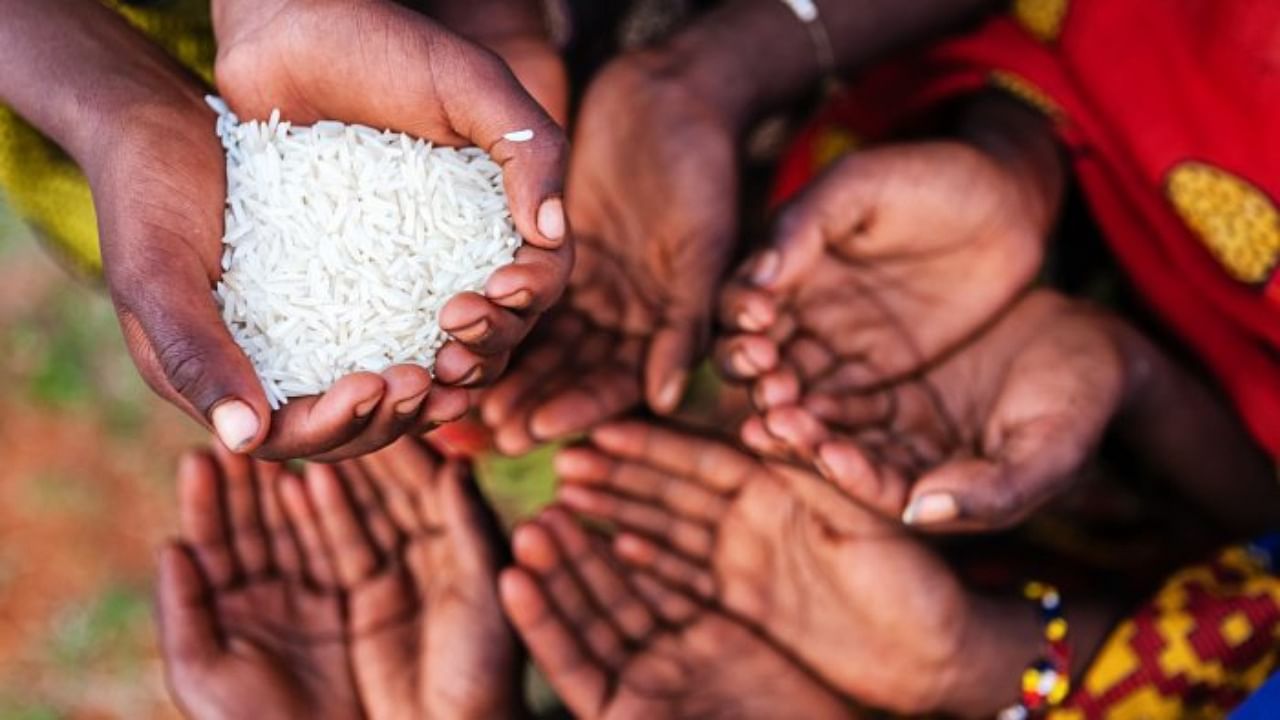
A downgrading of India’s position in the latest Global Hunger Index (GHI-2022) has, as usual, led to criticism of the index and denunciation of those who compiled it by the government, instead of introspection and renewed determination to address the issue. India has slipped six ranks to the 107th position among 121 countries, and that should be a matter of serious concern. The ranking has steadily fallen from 94 in 2020 to 101 in 2021 and now to the worst position in the neighbourhood and near-bottom globally. Only Afghanistan has fared worse than India in South Asia. GHI scores are based on four indicators — undernourishment, child stunting, child wasting and child mortality. The data is sourced from UN and other multilateral agencies including Unicef, Food and Agriculture Organisation (FAO) and World Bank, and the index is compiled by NGOs Concern Worldwide and Welthungerhilfe.
Widespread poverty is a fact of life in India, and the country is home to the largest population of poor people. The pandemic, and the government’s sudden lockdown, hurt large numbers of people who lost their livelihood and were pushed into poverty. A recent World Bank report said that of the 71 million people who were pushed below the poverty line globally, 56 million were in India. The poor were worst-hit by the pandemic and the support and ameliorative measures from the government were inadequate. Poverty and hunger impact all the component indicators that make up the index and so it is not a surprise that the conditions have got worse.
But the government has chosen to malign the messenger. It has said that the compilers of the index have not done their due diligence and GHI-2022 suffered from methodological issues. It has seen “A consistent effort…to taint India’s image as a nation…” This has been the standard government response to any report, survey or opinion on India that it considers negative. The low ranking of the country on various indices like the Press Freedom Index, Democracy Index or Environment Performance Index have also been attributed to bias and conspiracies against the country. The government cannot selectively tom-tom positive reports and claim credit for them, such as when international agencies call its DBT programme a “logistical marvel” or even praise it for running the largest foodgrain distribution programme during the pandemic but see a conspiracy to defame it in every negative report. The Hunger Index ranking is not criticism that the government is not doing anything about the problem but that even its best efforts are proving inadequate. The government should address the issues highlighted by such reports rather than reject them and live in denial. It is such denial that tarnishes the country’s image. Hunger is a reality in India. It cannot be fought without accepting it as such.